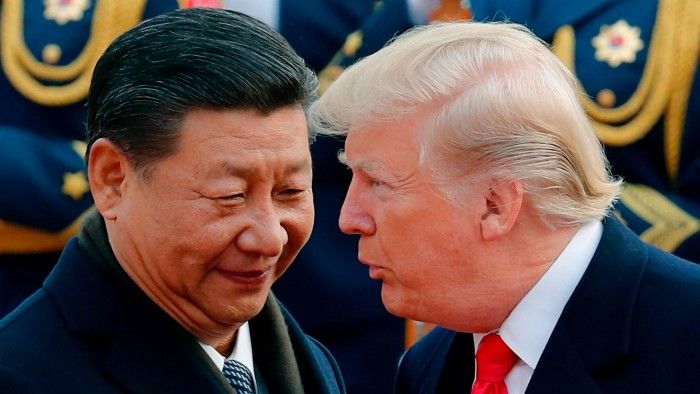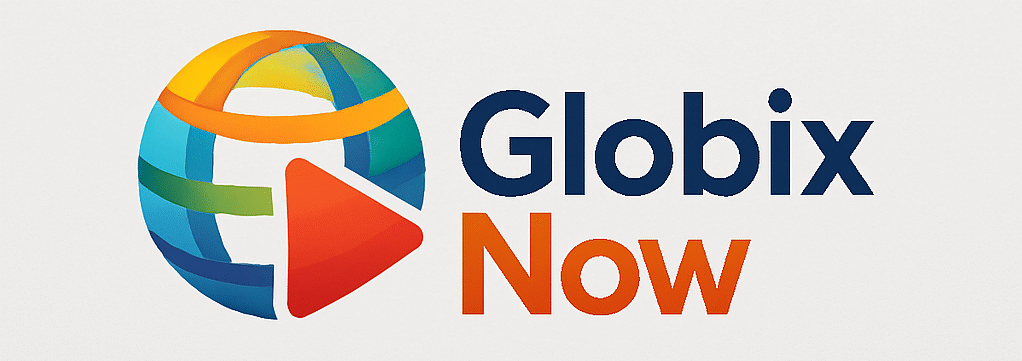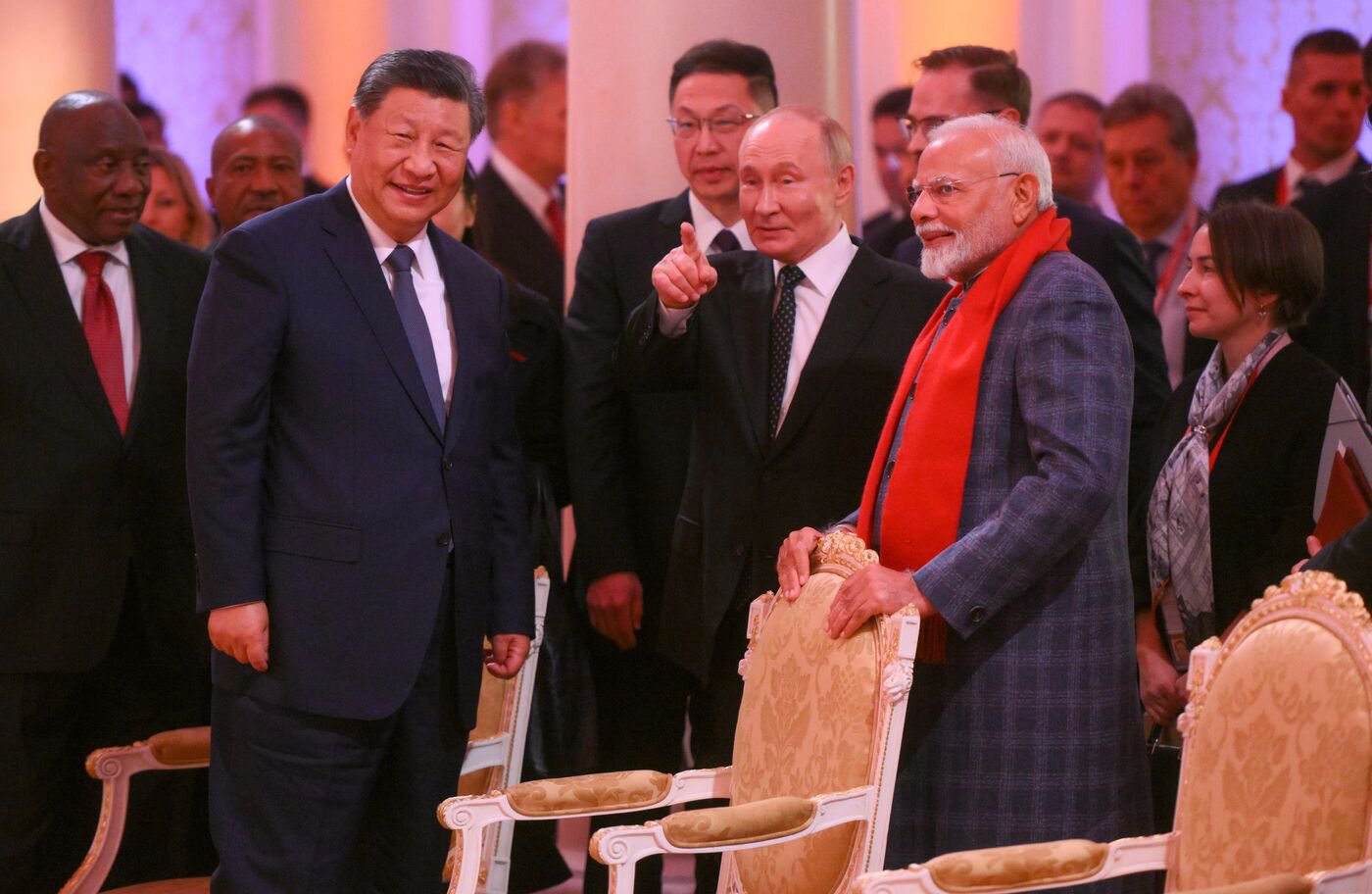
NATO Chief warns India, Brazil, and China over ties with Russia; urges them to pressure Putin amid rising global tensions
In a sharp and unexpected diplomatic outburst, NATO Secretary-General Jens Stoltenberg has issued a blunt warning to global powers India, Brazil, and China for their continued engagement with Russia amid the Ukraine conflict. Addressing reporters after a high-level NATO summit in Brussels, Stoltenberg said that countries like India, Brazil, and China must “make a phone call to Vladimir Putin” and push for an end to the war — or risk being seen as complicit in destabilizing global peace.
This marked one of the most direct criticisms yet from a NATO leader toward nations that have remained officially neutral or continued trade relations with Russia since its 2022 invasion of Ukraine. The comments are seen as an attempt to increase pressure on emerging economies to align more closely with the West’s stance.
The NATO chief emphasized that the world can no longer afford to have “fence-sitters” in a conflict that is impacting global energy prices, food security, and regional stability. He further added that “being neutral is not an option anymore,” making it clear that the alliance is watching non-NATO countries’ actions closely.
India, China, and Brazil — key members of the BRICS bloc — have consistently refused to condemn Russia outright at the United Nations. India has continued to import Russian oil at discounted prices, China has expanded trade ties with Moscow, and Brazil under President Lula da Silva has adopted a policy of strategic autonomy. While all three countries have called for peace and dialogue, none have joined the Western sanctions regime or military assistance programs for Ukraine.
This divergence in global response is creating diplomatic friction. NATO’s top official warned that continued economic and political engagement with Moscow may have long-term consequences. Though he did not elaborate, experts believe this could hint at trade repercussions, sanctions, or even diplomatic isolation in international forums.
“Every country that claims to support peace must demonstrate it through actions. That means speaking to Russia, not enabling it,” Stoltenberg said. “If India, China, and Brazil want to play a responsible role in the international order, now is the time to show it.”
The response from the targeted nations was swift but cautious. India’s External Affairs Ministry reiterated its long-held position that dialogue and diplomacy remain the only viable path forward and that India maintains strategic autonomy in its foreign relations. “We are not obligated to follow any bloc politics,” a senior Indian official said, adding that India’s priority remains securing affordable energy for its population.
China, which has grown even closer to Moscow in recent years, dismissed Stoltenberg’s remarks as “Cold War mentality.” A Chinese foreign ministry spokesperson said that NATO should focus on de-escalation rather than spreading confrontation beyond Europe. Brazil, too, has maintained that isolating Russia is counterproductive and that its goal is to keep communication channels open with all global players.
Stoltenberg’s comments come at a time when global alliances are shifting. The BRICS bloc is expanding, and many countries in the Global South have shown reluctance to take sides in the West vs. Russia narrative. This multipolar resistance is being viewed with increasing frustration in Western capitals, especially as the war in Ukraine drags into its third year with no clear end in sight.
Behind the scenes, there’s growing anxiety in NATO that countries like India and China are not just neutral — they are inadvertently helping Russia withstand the effects of Western sanctions. For example, Indian and Chinese imports of Russian oil have surged, providing Moscow with much-needed revenue. Similarly, reports have emerged that Chinese companies may be exporting dual-use goods, further blurring the lines between civilian and military support.
Yet, critics argue that NATO’s demand for alignment may backfire. Many developing nations resent being told what to do by Western powers who, in the past, ignored similar conflicts in non-European regions. There’s also a perception that the West is only concerned when its interests are affected, and not when crises erupt in the Global South.
Moreover, India and China are not easily swayed by diplomatic threats. Both nations see themselves as independent powers capable of defining their own foreign policies. Any aggressive push from NATO may only deepen the divide between the West and these nations, especially at a time when global cooperation is needed on issues like climate change, economic recovery, and terrorism.
Nonetheless, the warning is a clear sign of NATO’s changing tone. No longer satisfied with isolated support, the alliance appears to be extending the moral and strategic boundaries of the Ukraine war beyond its traditional circle. By calling out India, Brazil, and China, it signals that neutrality may be seen as enabling aggression.
In conclusion, NATO’s unprecedented pressure campaign adds a new dimension to the Ukraine conflict — one that goes beyond battlefields and enters global diplomacy. Whether it will achieve its aim or alienate key international players remains to be seen. But one thing is certain: the days of passive neutrality may be numbered, and global powers are now being called upon to pick a side.

